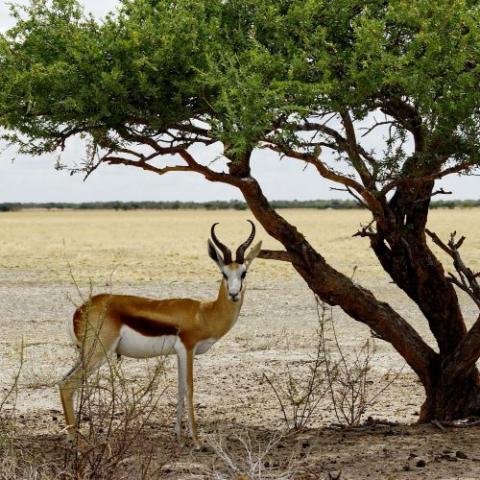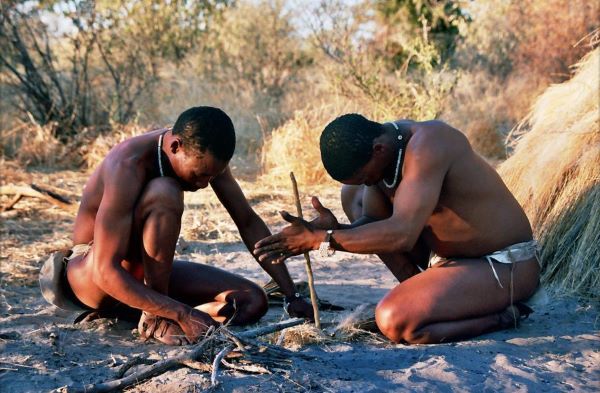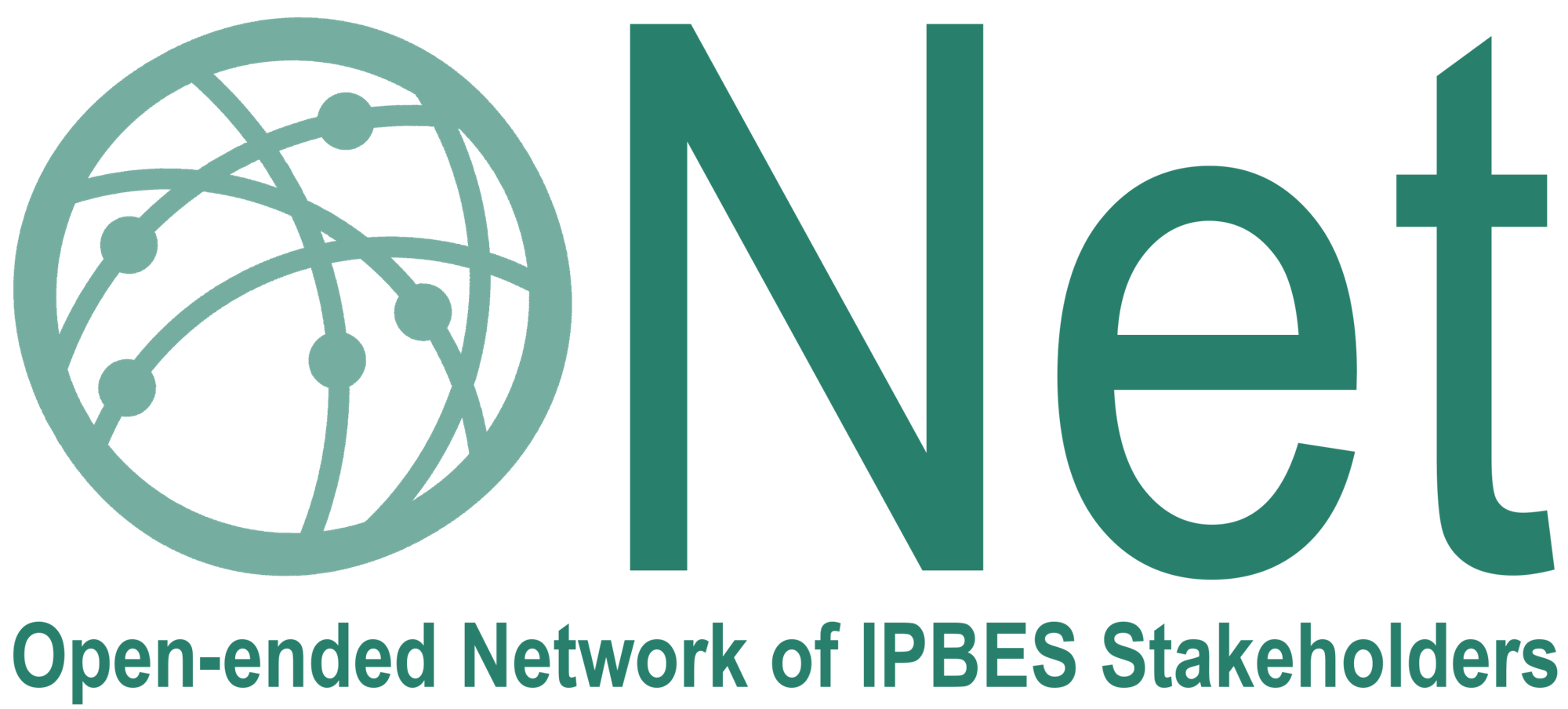Indigenous Peoples and local communities in science-policy | online course

Organised by CABES. It is available in English and French.
25-26 September 2024, full days of 8 hours each
CABES are offering an online course on Indigenous Peoples and Local Communities in Science-Policy-Practice Interfaces in Africa.
The course is fully sponsored, free of charge to participants. It will be delivered as part of the CABES Capacity Development Programme (CCDP) for professionals by UNESCO’s Local and Indigenous Knowledge Systems (LINKS) Programme team.
Course overview
This course aims to raise awareness and build capacity for the benefits of engaging in Science-Policy-Practice Interfaces (SPPI) and to provide orientation on engagement strategies, methods and tools to include Indigenous Peoples and local communities in SPPI.
After the course, the participants:
- shall recognize Indigenous and local knowledge as a legitimate, valid and valuable form of knowledge and its contributions to biodiversity conservation
- are aware of interlinkages between cultural diversity and biological diversity ;
- have an understanding of terminologies, epistemological diversity, and institutional frameworks for knowledge production as well as the rational of engaging Indigenous Peoples and local communities in SPPIs;
- know about global biodiversity frameworks and instruments supporting Indigenous and local knowledge and promoting the rights of Indigenous Peoples;
- are familiar with principles and protocols of working with Indigenous Peoples and local communities and their knowledge;
- know about the concept of multiple evidence-based approach and its application to support co-production of knowledge
- understand the Indigenous and community participatory methodologies and approaches
- are aware of practical examples of inclusion of Indigenous and local knowledge holders in biodiversity SPPI in Africa; and
- can develop their own ideas of engaging Indigenous Peoples and local communities in their work contextan develop their own ideas of engaging Indigenous Peoples and local communities in their work context
>> Register online (with a free user account)
Feel free to email Cabes e-learning if you have any questions or need assistance.
About the organisers
CABES
Capacity Development for Biodiversity and Ecosystem Services Experts (CABES) is dedicated to building the capacity of biodiversity and ecosystem services experts in West, Central, and East Africa — in support of IPBES.
CABES represents a platform to connect scientists from universities, research institutions, and policymakers in West, Central, and East Africa in the field of biodiversity and ecosystem services, to strengthen the science-policy interface, foster national and regional collaborations, enhance policy coherence and reinforce the expert pool to support and disseminate IPBES assessments.
UNESCO Local and Indigenous Knowledge Systems (LINKS) Programme
LINKS is an intersectoral initiative. It informs and facilitates exchanges between the holders of Indigenous and local knowledge with science policy and environmental policy processes, international norms and standards, and the emergence of transdisciplinary knowledge cooperation.
LINKS hosts the IPBES technical support unit on Indigenous and local knowledge and leads the BES-Net Indigenous and Local Knowledge Support Unit (BES-Net is a network in support of IPBES).

Top photo by Leon Pauleikhoff on Unsplash: this springbok (Antidorcas marsupialis) is seeking shade in the Kalahari Desert. The region — as part of a large area spanning several countries in Southern Africa — is home to the San Peoples. These marginalised groups are also among the oldest human cultures on earth. The best known group are called the Ju/’Hoansi in their own language: in English that means real people. Learn more about the San Peoples' and other Indigenous Peoples' sustainable use of wild species in the IPBES assessment and its key messages (2.5 MB) relevant to Indigenous Peoples and local communities.
